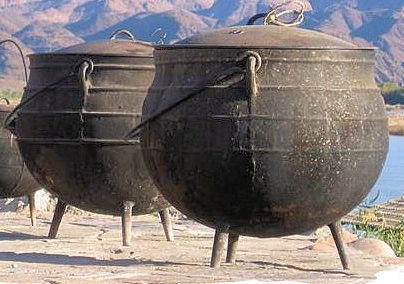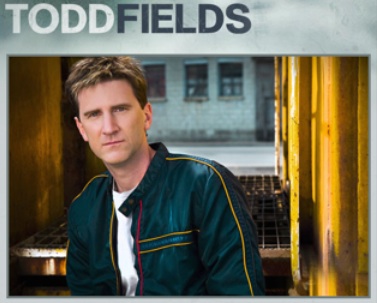 A case can be made that the two most socially revolutionary passages in the New Testament are (1) Mary’s Magnificat in Luke 1:69-75 and (2) James’ potent criticism of the rich farmers in James 5:1-6. I quote James 5 in full:
A case can be made that the two most socially revolutionary passages in the New Testament are (1) Mary’s Magnificat in Luke 1:69-75 and (2) James’ potent criticism of the rich farmers in James 5:1-6. I quote James 5 in full:
Now listen, you rich people, weep and wail because of the misery that is coming upon you. Your wealth has rotted, and moths have eaten your clothes. Your
gold and silver are corroded. Their corrosion will testify against you
and eat your flesh like fire. You have hoarded wealth in the last days. Look! The
wages you failed to pay the workmen who mowed your fields are crying
out against you. The cries of the harvesters have reached the ears of
the Lord Almighty. You have lived on earth in luxury and self-indulgence. You have fattened yourselves in the day of slaughter.You have condemned and murdered innocent men, who were not opposing you.
I read long ago in Ron Sider’s Rich Christians in an Age of Hunger that someone read this text passionately during the heady days of the 60s and a group of ministers proposed the person who read the text be deported for inflammatory ideas. In some places, like South African, even the cooking pots of the poor have become powerful signs of solidarity and protest.
There is some scholarly debate if James is addressing the same group in 4:13-17 and 5:1-6 and the simplest answer is “No.” For two reasons: the former are traveling merchants and the latter are local farmers. What unites them is wealth. The merchants are criticized for arrogance and the farmers for oppression.
What is clear is that the one who owns enough to employ others is held accountable to God. But James is not offering a lesson on accountability. He’s gone beyond that: his opening lines are that these oppressing, non-remunerating farmers will be judged by God. Here is the warning of James against “rich” people, who are dressed up in James in the simple colors of oppression and arrogance and unbelief: “Now listen, you rich people, weep and wail because of the misery that is coming upon you.”

